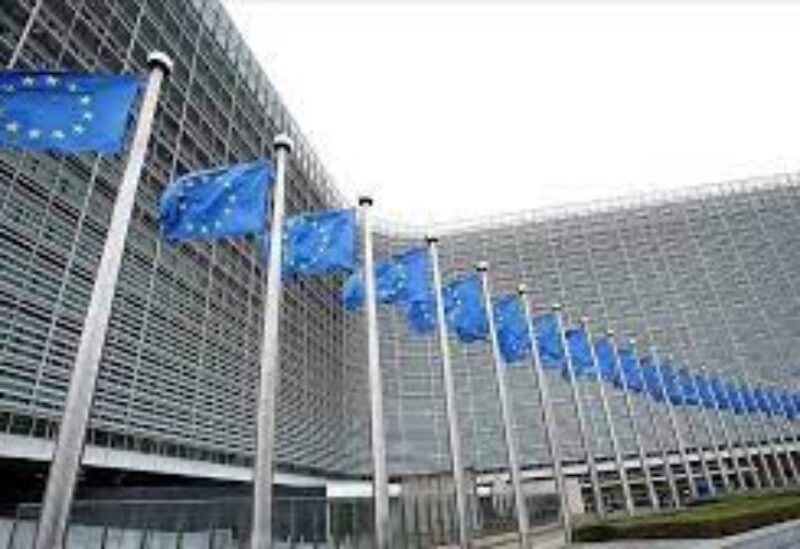
European Parliament, Brussels
Following Britain’s departure from the European Union on 31 January 2020, the bloc officials were set to decide whether its decision to continue trading freely with kingdom clinched at the end of last year should be made permanent.
The European Parliament backed the post-Brexit trade agreement with the United Kingdom in an overwhelming “yes” vote on 27 April the results of which were announced on Wednesday.
Officials told AFP that 660 MEPs voted to ratify the trade arrangement while five voted against, with 32 abstentions.
European Commission President Ursula von der Leyen has “warmly” welcomed this decision, saying on Twitter that “faithful implementation” of the deal was “essential”.
“The TCA (Trade and Cooperation Agreement) marks the foundation of a strong and close partnership with the UK,” the official wrote.
According to European Council President Charles Michel, the UK remains the European Union’s “important friend and partner”.
Following the vote, Michel said that it had marked “a major step forward” in EU-UK relations, effectively opening “a new era”.
All the Drama Behind the Brexit Deal
The deal, that has already been ratified by the UK parliament, was a result of almost five years of negotiations after Britain voted to leave the European Union in the summer 2016. It did so only on 31 January 2020, while entering an 11-month transition period to agree upon economic arrangement that would be mutually beneficial for both sides, but disagreements prevailed.
Biggest issues at stake were Northern Ireland’s status – which has remained part of the EU customs union to avoid a hard border with the Republic of Ireland – as well as level playing field conditions, fishing rights in the British voters and legal framework for UK operators in the union.
In December 2020, the UK finally agreed upon a trade deal with the European Union despite fears that there will be none and the two trade partners will plunge into a gloomy turmoil after the transition period ends.
But even with the newly-reached arrangement, the two sides have remained fairly dissatisfied with each other over a number of issues: Brussels accused the British government of “breaching” the Northern Ireland Protocol laid out in the Brexit agreement after the UK had moved on to unilaterally extend a grace period in the country until October, meaning no checks will be conducted on goods moving between the country and Great Britain as agreed to in the deal.
The UK believes this will prevent any supply disruptions or food shortages, such as those witnessed in Northern Ireland this winter after the Brexit deal came into force. Brussels, however, sees this decision as a “violation” of the Northern Ireland Protocol and has now taken legal action against London.
I warmly welcome the @Europarl_EN vote in favour of the EU-UK Trade and Cooperation Agreement.
The TCA marks the foundation of a strong and close partnership with the UK. Faithful implementation is essential. pic.twitter.com/aTU7cOB5Ck
— Ursula von der Leyen (@vonderleyen) April 28, 2021